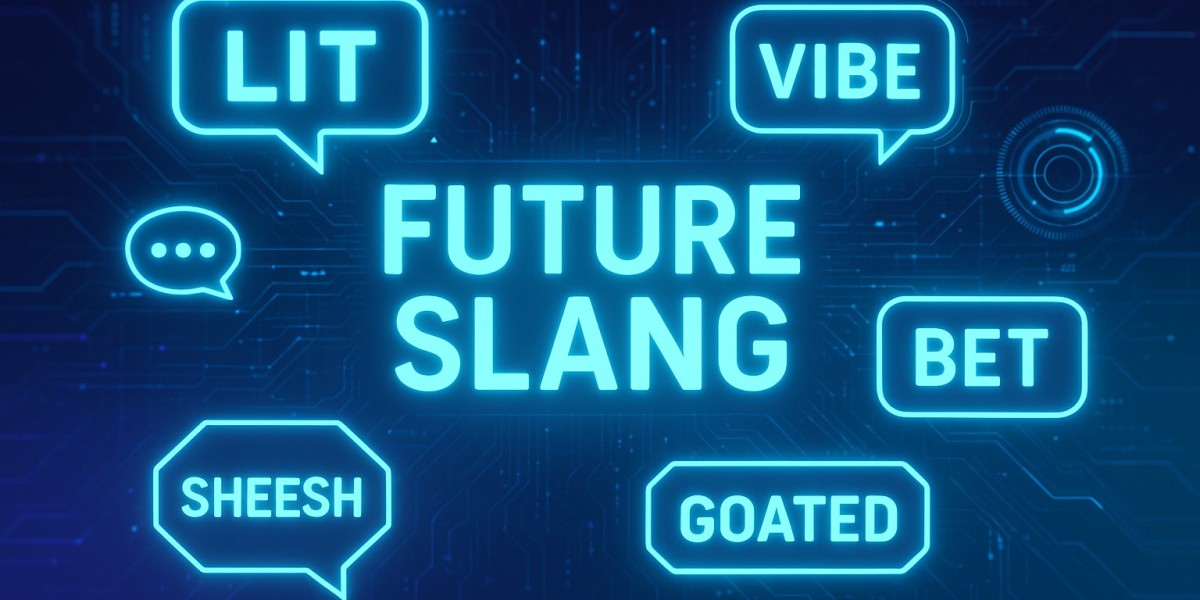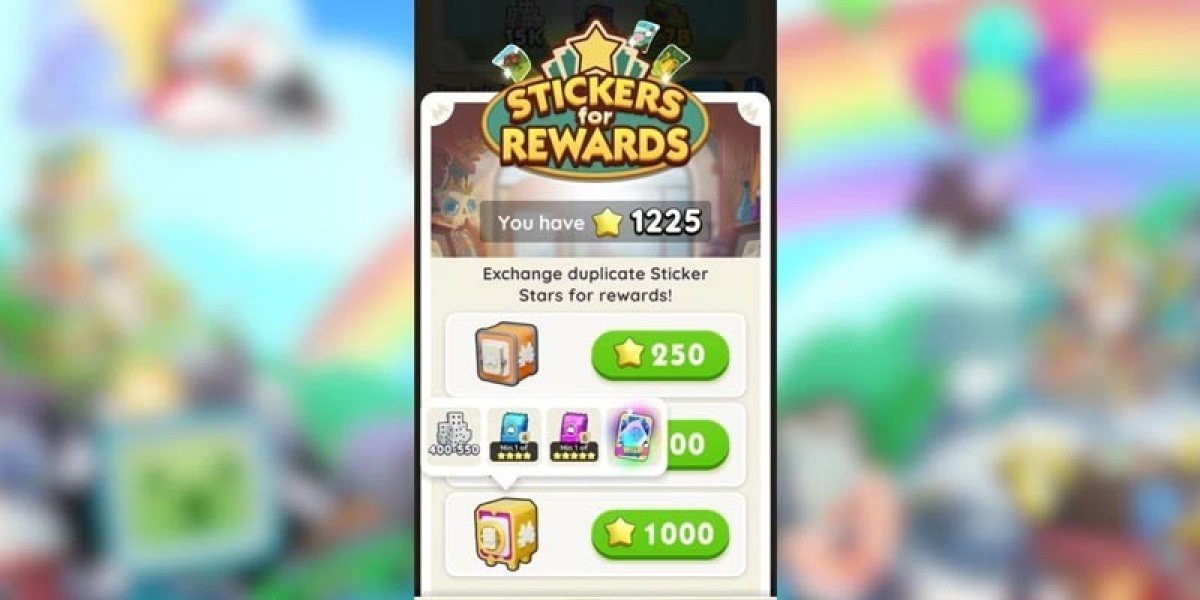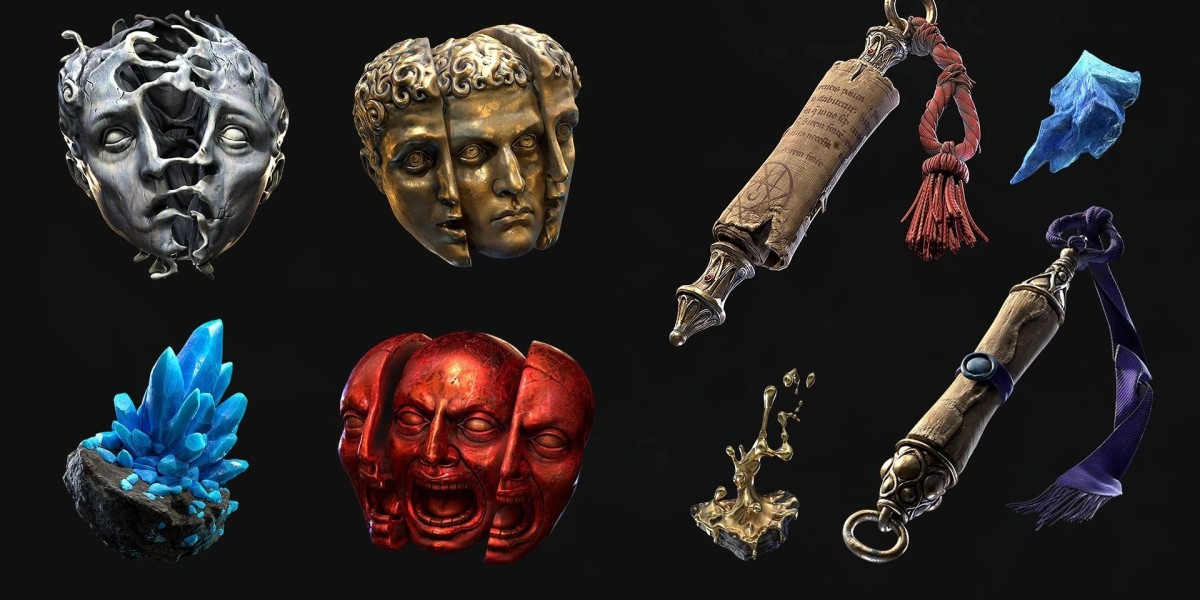Language is always evolving, but few changes are as fast-paced and fascinating as those happening in the world of internet slang. What once began with acronyms like “LOL” and “BRB” has exploded into a full lexicon of modern expressions like “rizz,” “bet,” and “delulu.” Driven largely by online culture, memes, and the influence of Gen Z and Gen Alpha, internet slang now serves as a cultural timestamp for the digital age.
In this post, we’ll explore how internet slang has evolved over the past few decades—from the chatrooms of the early web to the algorithm-driven feeds of today’s social platforms. Along the way, we’ll look at what these changes tell us about communication, identity, and community in the 21st century.
The Birth of Online Slang: Dial-Up and Acronyms
In the 1990s and early 2000s, internet slang was functional. With dial-up connections and clunky interfaces, users needed to get their messages across quickly—hence the rise of abbreviations and acronyms.
Terms like:
LOL (Laugh Out Loud)
BRB (Be Right Back)
ROFL (Rolling On the Floor Laughing)
TTYL (Talk To You Later)
These abbreviations were especially common in AOL chat rooms, MSN Messenger, and early online forums. They saved time, conserved bandwidth, and provided a shared code among early adopters of internet communication.
At this stage, internet slang wasn’t generational so much as technological. It united people by shared experience rather than age. But that would soon change.
The Social Media Era: Hashtags, Memes, and New Linguistics
The mid-2000s introduced a seismic shift: the rise of social media. Platforms like Facebook, Twitter, and YouTube didn’t just change how we communicated—they changed what we communicated.
Hashtags became tools for discovery and satire. Memes turned short phrases and images into cultural currency. Instead of acronyms, we started seeing full slang expressions like:
Fail
Epic
Troll
Cringe
Language was now visually driven, context-dependent, and often satirical. Internet slang wasn’t just about being fast—it was about being funny, viral, and relatable.
Gen Z Enters the Chat
Around the 2010s, Gen Z began shaping the language of the internet. With Snapchat, TikTok, and Instagram at their fingertips, they didn’t just use slang—they created it.
Gen Z slang is more performative and often more abstract. While Millennials popularized abbreviations and memes, Gen Z turned slang into a marker of social identity. Words like:
No cap (no lie)
Rizz (charisma or charm)
Slaps (something great)
Drip (stylish or fashionable clothes)
These terms are used less for efficiency and more for cultural signaling. It’s a way of showing you “get it”—and that you belong.
Today, there’s even a bolded tool like a gen z translator to help people outside the generation decode what’s being said. That’s how rich and layered the slang has become.
TikTok’s Impact: A Slang Incubator
No discussion of modern slang is complete without TikTok. With over a billion users and algorithms that amplify niche content, TikTok acts as a hyper-accelerated slang incubator.
Unlike previous platforms, TikTok isn’t just a place where slang spreads—it’s where it’s born. In a matter of days, a throwaway phrase in a video can become a global catchphrase. For example:
“Rizz” blew up after creators started using it to describe flirting skills.
“Delulu” (delusional) gained popularity in fan communities and spiraled into mainstream usage.
“Slay,” “ate,” and “serve” were revived and reshaped by queer creators and now dominate fashion and performance commentary.
Slang on TikTok isn’t just generational—it’s subcultural. Each community contributes its own flavor, remixing words with context that can shift overnight.
The Rise of Gen Alpha: Slang’s Next Frontier
While Gen Z continues to innovate, Gen Alpha (born after 2010) is starting to leave its own linguistic footprint. Raised on tablets and voice assistants, their relationship to language is even more digital-native than Gen Z’s.
Gen Alpha slang borrows heavily from influencers, gaming platforms like Roblox, and family-friendly YouTube channels. Some early signs include:
Skibidi (a nonsense term from a viral meme)
Gyatt (used to comment on appearance, often satirically)
NPC (used to mock predictable or awkward behavior)
Slaysian (a portmanteau often used playfully in identity-based slang)
As this generation matures, expect their slang to further blend internet culture, gaming lingo, and AI-influenced phrasing. Tools like a gen alpha slang translator are likely to become essential as the lexicon expands.
Why Internet Slang Evolves So Fast
So, what makes internet slang evolve faster than traditional language?
Speed of Communication: A tweet, post, or video can go viral in seconds.
Platform Influence: Each platform has its own norms—Reddit language is different from TikTok lingo.
Meme Cycles: Slang terms become memes, peak quickly, and fade (or get co-opted).
Generational Turnover: Each generation rejects the last generation’s slang to form its own identity.
This rapid evolution isn’t just surface-level. It affects how people think, joke, and build community online.
Slang as Social Currency
Internet slang has become more than a form of expression—it’s a form of social currency. Knowing the latest slang shows you’re “plugged in.” Using it effectively shows you belong to a digital subculture.
But misuse can backfire. When brands or older users adopt slang without context, it often comes off as cringeworthy. That’s why tools like a bolded gen z slang translator are helpful—not just for understanding the words, but also for grasping the tone and timing.
Being fluent in internet slang means understanding:
When to use it
Who to use it with
When to let it go
Context is everything.
The Problem with Gatekeeping Slang
While slang builds identity, it can also be a gatekeeping tool. Those not “in the know” may feel excluded. It’s especially tough for older users, immigrants, or non-native English speakers.
This is where inclusivity and understanding come in. Slang should be fun, fluid, and accessible—not a barrier. Educators, marketers, and parents benefit from resources that demystify slang without judgment.
Enter digital tools, explainer videos, and linguistically focused content hubs that decode slang with cultural sensitivity.
What Slang Teaches Us About Language
At its core, slang shows us how adaptive and creative language truly is. It reflects:
Humor and irony
Collective experience
Shifting values and priorities
Group belonging and exclusion
Every “LOL” or “rizz” is more than just a word—it’s a cultural artifact.
By studying the evolution of internet slang, we gain insight into how communities form, how ideas spread, and how identities are shaped in the digital world.
Final Thoughts: What’s Next for Slang?
If history is any guide, slang will keep evolving. As AI becomes more conversational, as virtual reality becomes more immersive, and as generational identities continue to shift, new forms of slang will emerge.
Will Gen Beta invent entirely new modes of expression? Will slang eventually merge across generations? Or will each generation continue to protect its own linguistic turf?
Whatever happens, one thing is certain: the internet will continue to be the most exciting—and chaotic—laboratory for language evolution.
And for those trying to keep up, whether you’re a parent, teacher, marketer, or simply curious, having a reliable gen z slang translator or gen alpha slang translator might be your new best friend.



